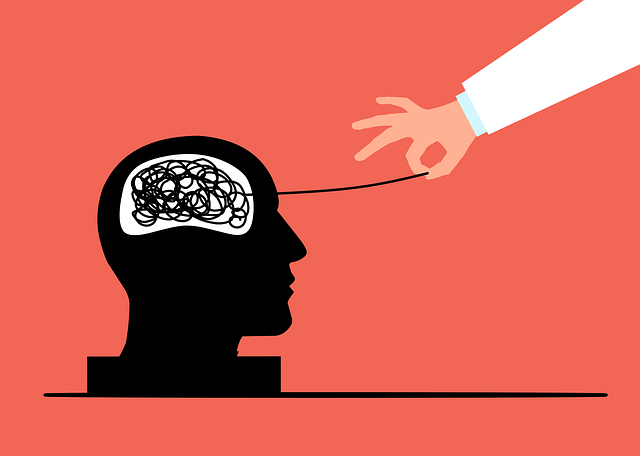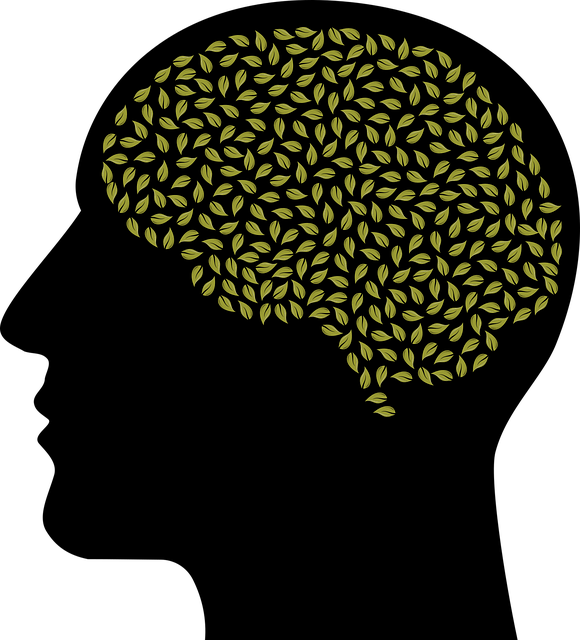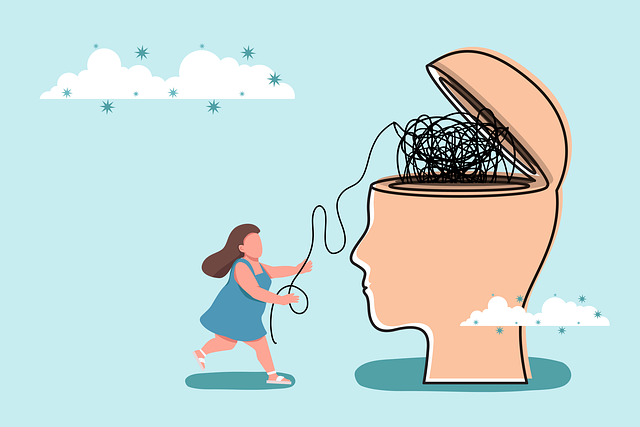Coping skills development using evidence-based practices like Aurora Acceptance and Commitment Therapy (ACT) is crucial for managing life's challenges, promoting emotional well-being, and fostering resilience. ACT emphasizes present-moment awareness, mindfulness, and value-driven action to navigate difficult emotions. By integrating coping strategies into daily routines, such as stress management workshops, individuals can enhance their mental health support, improve outcomes, and lead more fulfilling lives. This approach encourages self-awareness, personal value alignment, and effective mechanisms like mindfulness exercises, fostering a sense of calm mirroring Aurora's night sky beauty.
Coping skills are essential tools for navigating life’s challenges. This article explores the development of coping strategies, emphasizing their significance in mental well-being. We delve into the benefits of Aurora Acceptance and Commitment Therapy (ACT) in fostering effective coping mechanisms. Through understanding personal triggers and implementing various techniques, individuals can enhance their resilience. Learn about identifying tailored coping strategies, integrating them into daily routines, and achieving a balanced life. Discover practical tips for mastering these skills and improving overall mental health, all grounded in the principles of ACT.
- Understanding Coping Skills and Their Significance
- The Role of Aurora Acceptance and Commitment Therapy (ACT)
- Identifying Personal Coping Strategies
- Techniques for Effective Coping Skills Development
- Integrating Coping Skills into Daily Life
Understanding Coping Skills and Their Significance

Coping skills are the strategies individuals use to navigate and manage life’s challenges and stressors. They play a pivotal role in emotional well-being promotion techniques, enabling people to adapt and thrive in the face of adversity. From cognitive reframing to behavioral activation, these skills empower folks to confront difficulties head-on. For instance, Aurora Acceptance and Commitment Therapy (ACT) emphasizes mindful acceptance and commitment to values as core coping mechanisms.
Effective coping isn’t just about managing symptoms; it’s a fundamental aspect of overall mental healthcare practice, including Community Outreach Program Implementation initiatives. Culturally sensitive approaches, tailored to diverse communities, can enhance access and outcomes in mental health support. By fostering skills like problem-solving and emotional regulation, these strategies contribute to long-lasting resilience and improved quality of life.
The Role of Aurora Acceptance and Commitment Therapy (ACT)

The Aurora Acceptance and Commitment Therapy (ACT) approach has emerged as a powerful tool in the realm of coping skills development. This therapeutic method encourages individuals to embrace acceptance, cultivate mindfulness, and commit to actions that align with their values. By focusing on the present moment and fostering an attitude of non-judgment, ACT helps people navigate through difficult emotions and challenges without avoiding or suppressing them. In today’s digital era, where mental wellness is increasingly prioritized, the Mental Wellness Podcast Series Production can play a pivotal role in disseminating knowledge about ACT and similar therapeutic practices like Resilience Building and Compassion Cultivation.
ACT involves several key components, such as defusing from negative thoughts, accepting one’s feelings without judgment, and engaging in valued actions. Through these techniques, individuals can enhance their emotional resilience, improve overall mental wellness, and lead more fulfilling lives. By integrating ACT principles into their daily routines, folks can revolutionize their approach to coping with stress, anxiety, and other mental health challenges, thereby fostering a profound sense of metamorphosis and indelible personal growth.
Identifying Personal Coping Strategies

Identifying Personal Coping Strategies is a powerful step towards well-being. It involves recognizing what works best for you in managing stress and adversity. This process can be deeply individual, much like the city lights of Aurora, each shining brightly with unique colors and intensities. In the context of Acceptance and Commitment Therapy (ACT), individuals are encouraged to explore their own internal experiences without judgment. This self-awareness allows for the discovery of personal coping strategies that align with one’s values, whether it’s engaging in creative pursuits for stress reduction methods or cultivating compassion towards oneself as part of self-esteem improvement practices.
By understanding your triggers and the patterns that arise in stressful situations, you can begin to implement effective coping mechanisms. Incorporating mindfulness exercises, for instance, can help manage overwhelming emotions. Additionally, engaging in physical activities or connecting with loved ones can serve as robust stress reduction methods. These strategies not only help navigate challenging times but also contribute to overall mental resilience and a sense of calm amidst the chaos, much like finding peace within Aurora’s captivating night sky.
Techniques for Effective Coping Skills Development

Coping skills development involves a range of techniques that can help individuals manage stress, anxiety, and emotional distress more effectively. One evidence-based approach is Aurora Acceptance and Commitment Therapy (ACT), which encourages acceptance of difficult thoughts and emotions while promoting values-driven action. ACT helps individuals to focus on the present moment and disengage from negative thought patterns, fostering a sense of psychological flexibility.
Additionally, integrating risk management planning for mental health professionals into one’s coping strategy is vital. This involves identifying potential stressors, anticipating their impact, and developing proactive responses. By combining these techniques with emotional healing processes and self-care routine development for better mental health, individuals can build a robust toolkit to navigate life’s challenges. Such holistic approaches empower individuals to maintain resilience, enhance overall well-being, and lead more fulfilling lives.
Integrating Coping Skills into Daily Life

Integrating coping skills into daily life is a transformative process that empowers individuals to navigate life’s challenges with resilience and adaptability. At the heart of this integration lies Aurora Acceptance and Commitment Therapy (ACT), which emphasizes the importance of mindfulness, acceptance, and values-driven action. By adopting ACT principles, people can learn to observe their thoughts and emotions without judgment, fostering a deeper connection with their inner selves. This awareness allows for more effective stress management and mood regulation, enabling individuals to cultivate a sense of calm amidst turbulent times.
Through structured Stress Management Workshops organized by various organizations, individuals gain practical tools and techniques to enhance their coping abilities. These workshops often delve into positive thinking exercises, cognitive reframing, and relaxation strategies, empowering participants to confront stressors head-on. By consistently applying these skills in daily routines, individuals can cultivate a sense of equilibrium, enhancing overall well-being and quality of life.
Coping skills are essential tools for navigating life’s challenges. By understanding their significance and utilizing effective techniques, such as those offered by Aurora Acceptance and Commitment Therapy (ACT), individuals can enhance their resilience and overall well-being. Identifying personal coping strategies and integrating them into daily life empowers folks to confront stress, anxiety, and adversity head-on. Through dedicated practice, these skills can transform challenges into opportunities for growth and self-discovery.














